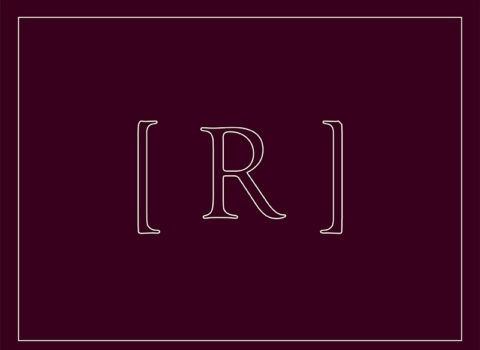By Claudia Rankine, from Citizen: An American Lyric, published last month by Graywolf Press. Rankine is the author of several books of poems, including Plot, The End of the Alphabet, and Nothing in Nature Is Private.
At the end of a brief phone conversation, you tell the manager you are speaking with that you will come by his office to sign the form. When you arrive and announce yourself, he blurts out, I didn’t know you were black!
I didn’t mean to say that, he then says.
Aloud, you say.
What? he asks.
You didn’t mean to say that aloud.
Your transaction goes swiftly after that.
A woman you do not know wants to join you for lunch. You are visiting her campus. In the café you both order the Caesar salad. This overlap is not the beginning of anything, because she immediately points out that she, her father, her grandfather, and you all attended the same college. She wanted her son to go there as well, but because of affirmative action or minority something — she is not sure what they are calling it these days, and weren’t they supposed to get rid of it? — her son wasn’t accepted. You are not sure whether you are meant to apologize for this failure of your alma mater’s legacy program; instead you ask where he ended up. The prestigious school she mentions doesn’t seem to assuage her irritation. The salads arrive.
Standing outside the conference room, unseen by the two men waiting for the others, you hear one say to the other that being around black people is like watching a foreign film without translation. Because you will spend the next two hours at the round table that makes conversing easier, you consider waiting a few minutes before entering the room.
You and your partner go to see the film The House We Live In. You ask a friend to pick up your child from school. On your way home your phone rings. Your neighbor tells you he is standing at his window watching a menacing black guy casing both your homes. The guy is walking back and forth talking to himself and seems disturbed. You tell your neighbor that your friend, whom he has met, is babysitting. He says, no, it’s not him. He’s met your friend, and this isn’t that nice young man. Anyway, he wants you to know, he’s called the police.
Your partner calls your friend and asks him if there’s a guy walking back and forth in front of your home. Your friend says that if anyone were outside he would see him because he is standing outside. You hear the sirens through the speakerphone.
Your friend is speaking to your neighbor when you arrive home. The four police cars are gone. Your neighbor has apologized to your friend and is now apologizing to you. Feeling somewhat responsible for the actions of your neighbor, you clumsily tell your friend that the next time he wants to talk on the phone he should just go in the backyard. He looks at you a long minute before saying he can speak on the phone wherever he wants. Yes, of course, you say. Yes, of course.
Despite the fact that you have the same sabbatical schedule as everyone else, he says, You are always on sabbatical. You are friends so you respond, Easy.
What do you mean? he says.
Exactly, you say, what do you mean?
Because of your elite status from a year’s worth of travel, you have already settled into your window seat on United Airlines when the girl and her mother arrive at your row. The girl, looking over at you, tells her mother, These are our seats, but this is not what I expected. The mother’s response is barely audible — I see, she says. I’ll sit in the middle.
Someone in the audience asks the man promoting his new book on humor what makes something funny. His answer is what you expect — context. After a pause he adds that if someone said something, like, about someone, and you were with your friends, you would probably laugh, but if they said it out in public where black people could hear what was said, you might not, probably would not. Only then do you realize you are among “the others out in public” and not among “friends.”
























































































